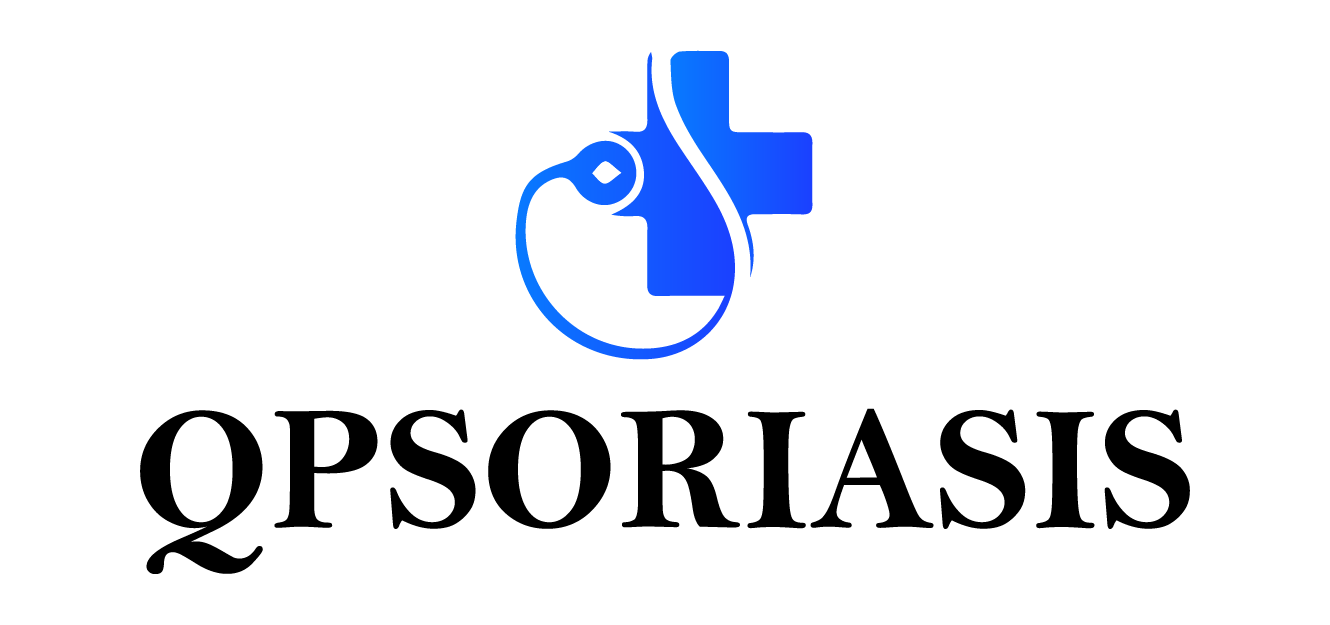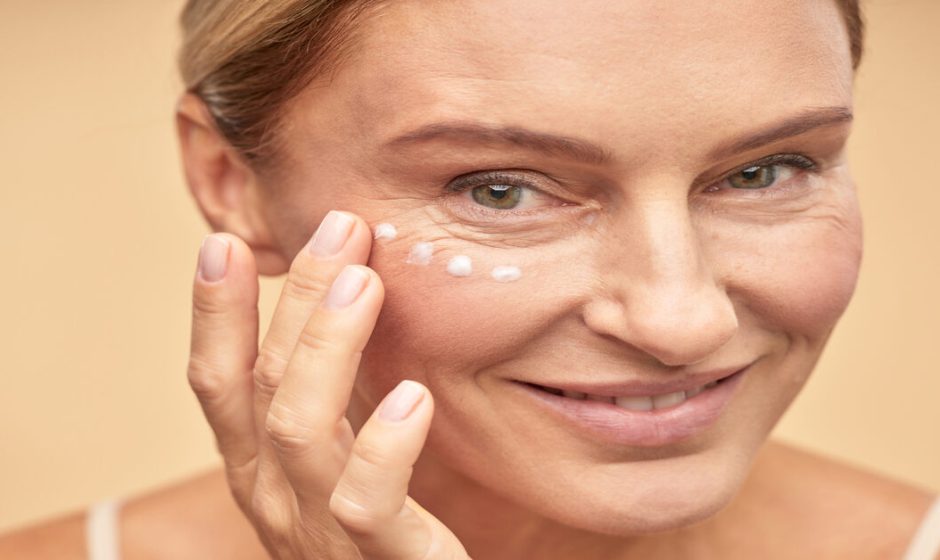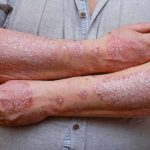The process of aging is natural but scientific discoveries have proven that we can delay the negative effects of aging through the appropriate approach. Aging of the skin takes place under two distinct factors: the intrinsic aging process, which is driven by genes and biological functions and the extrinsic aging process, which is a product of environmental and lifestyle issues such as sun exposure and pollution. Although you cannot prevent intrinsic aging, you can use evidence-based methods to care about your skin and slow down the manifestation of aging.
In this article, we’ll explore scientifically proven methods to maintain healthy, youthful skin.
Protect Your Skin from UV Damage
Photoaging or premature aging is among the most common consequences of being exposed to UV radiation. The UV rays increase the deterioration rate of collagen, resulting in wrinkles, sagging and pigmentation. Sunscreen is necessary to defend your skin on a daily basis. Dermatologists prescribe sunscreens that are of broad spectrum and have an SPF of at least 30. Sunscreens made of minerals (including zinc oxide or titanium dioxide) are most preferable particularly in sensitive-skinned individuals since they are less irritating.
Also, to reduce the risk of the damage caused by UV, it is possible to avoid direct sun exposure during the brightest hours of the day and wear protective garments, including hats and sunglasses. It has always been found that when sunscreens are applied regularly not only do they prevent the signs of age but also they lower the chances of skin cancer.
Incorporate Retinoids into Your Routine
One of the best anti-aging ingredients is retinoids which are derivatives of vitamin A. They act by enhancing cell turnover, cellular collagen stimulation, and pigmentation. OTC retinol first timers should start with OTC-strength products and prescription-strength retinoids such as tretinoin give more impressive effects.
Because retinoids will render the skin sensitive to the sun, the product should be used at night and sunscreen should be used in the daytime. Whereas certain individuals might find it irritating when beginning retinoids, this usually disappears as the skin gets used to it. The clinical research has revealed that with frequent usage of retinoids, one notices better skin texture, lessening fine lines, and general skin tone betterment.
Focus on Hydration and Barrier Repair
As age advances the natural level of moisture in the skin reduces making it more vulnerable to dryness and wrinkles. Water is very important in ensuring a plump and young look. The hyaluronic acid products are also great in terms of attracting moisture to the skin and the ceramide-based moisturizers restore and strengthen the skin barrier.
Ensuring that one takes a lot of water and also having a humidifier in arid conditions can help in keeping the body hydrated as well. The studies indicate that moist skin is smoother with fewer lines visible.
Use Antioxidants to Combat Free Radicals
Free radicals are unstable molecules, which happen due to environmental factors such as pollution and UV rays, that destroy skin cells and cause aging. These free radicals are countered by antioxidants making them less harmful. Vitamin C, vitamin E and niacinamide are topical antioxidants that are particularly useful in the healing of the skin and prevention of additional damage.
A nutritious diet high in nutrition in fruits, vegetables, and nuts that are rich in antioxidants also favors the skin. Research has proved that antioxidants do not only lessen inflammation but also enhance skin elasticity and skin tone as time goes on.
Support Collagen Production
Collagen is the protein that ensures that the skin is kept tight and young. Collagen is however produced in a lower amount as one ages thus resulting in sagging skin and wrinkles. In response to this, you can supplement your skincare regimen with collagen-enhancing ingredients, including peptides and vitamin C, which stimulates the skin to make more collagen and is instrumental in collagen formation respectively.
The supplemental collagen, especially in a diet, has become popular because of its ability to increase skin elasticity and hydration. Although further investigations are required, initial experiments are promising that frequent consumption of these supplements could help to improve skin health.
Prioritize Sleep and Stress Management
Sleep and stress control are the factors that have not been given much attention in the anti-aging routines but have major impacts on skin conditions. When one sleeps, the body is able to repair the damaged cells and the growth hormones aid in the regeneration of the skin. Sleep deprivation on the other hand spikes up cortisol levels that might cause inflammation and break down of collagen.
It is also important to deal with stress. Chronic stress causes aging to occur at a faster rate because it enhances oxidative stress and reduces the ability of the skin to self-repair. Mindfulness, yoga, and exercise are some of the techniques that may be used to decrease stress levels and enhance the overall skin health.
Adopt a Skin-Healthy Diet
The skin is a direct reflection of what you consume and how strong it is. The skin structure and work are supported by a diet high in omega-3 fatty acids, antioxidants and vitamins. Such foods as salmon, greens, berries, and nuts are good options. Simultaneously, it is important to restrict sugar and processed foods which may support the process of glycation causing collagen and elastin fibers destruction.
Research demonstrates that a balanced diet not only enhances the skin’s hydration and elasticity, but also minimizes the risk of such chronic diseases that may have an impact on the skin health.
Consider Professional Treatments
Professional treatments can give more visible results to those people who want to go beyond the simple anti-aging treatments. Alternatives are chemical peelings, microneedling, and laser-therapy which allows addressing the issue of wrinkles, pigmentation, and elasticity loss. Smoothing wrinkles and adding volume are temporary solutions that can be achieved through injectable material that is used, such as Botox and dermal fillers.
Consulting a dermatologist or an aesthetician who is qualified is important to identify the most effective treatment plan to use on the skin.
Conclusion
Although growing old is a natural process, the observable disruptions brought about by aging can be kept at a minimum through a regular research-intensive process of taking care of the skin and lifestyle choices. Wearing sunscreen and taking retinoids and antioxidants, keeping skin hydrated and eating healthy are all well-known methods of promoting healthy, resilient skin. Furthermore, sleep, dealing with stress, and seeking professional treatment should be prioritized, which will help you even more.
With the help of these evidence-based measures, you will be able to sustain a radiant complexion and long-term skin health despite old age.



